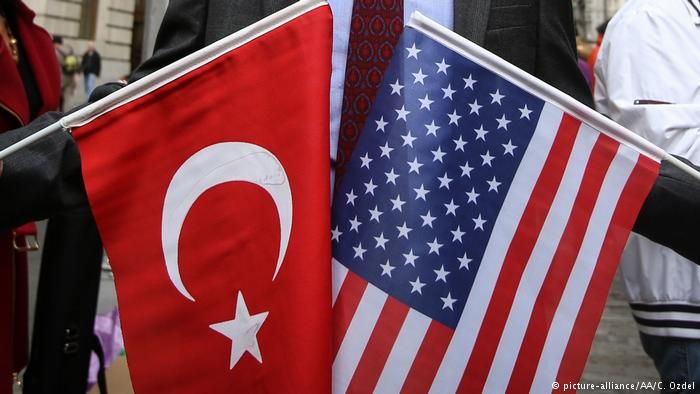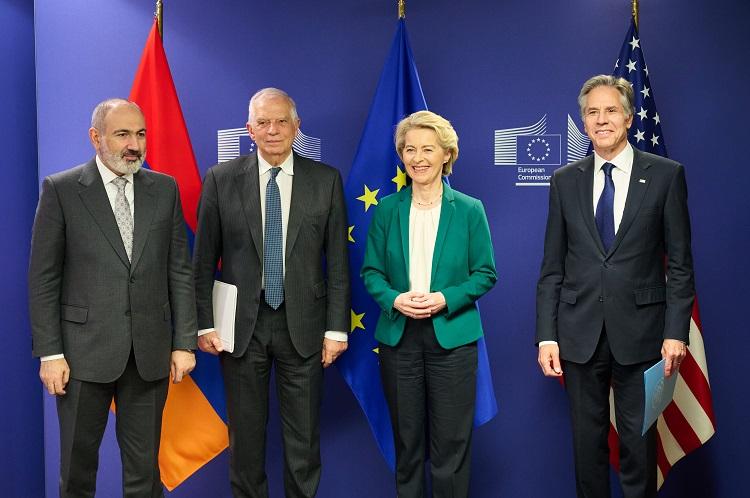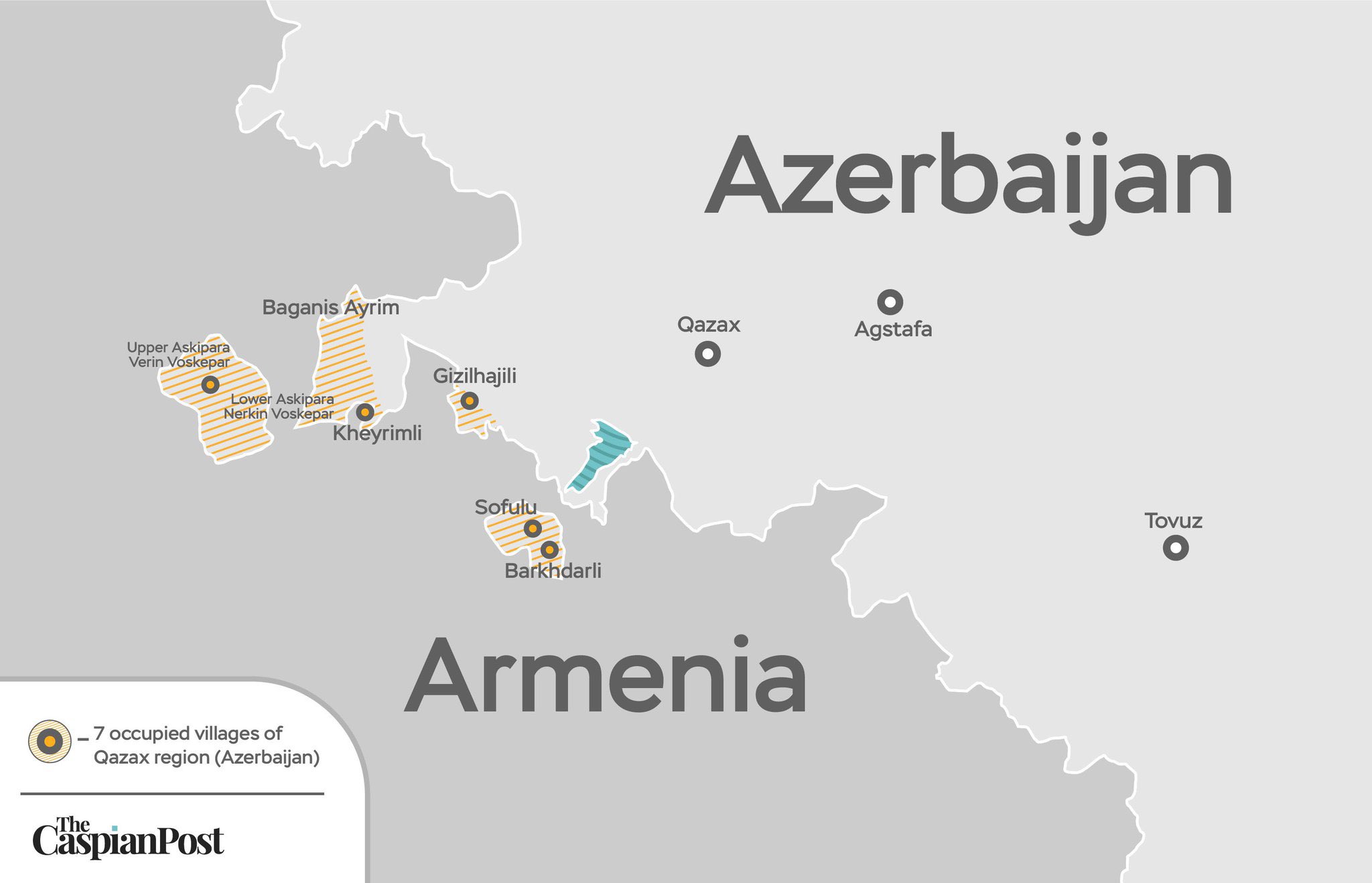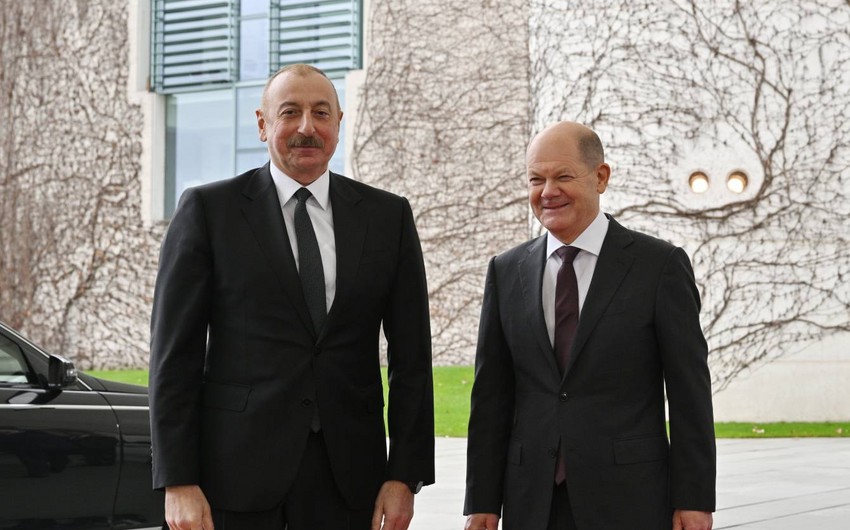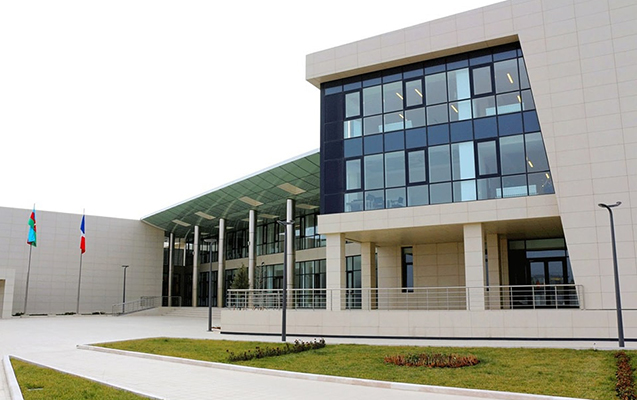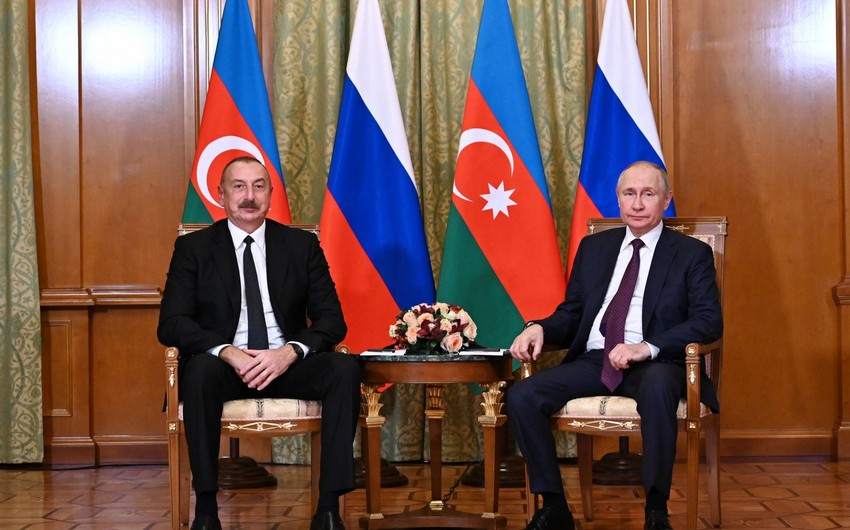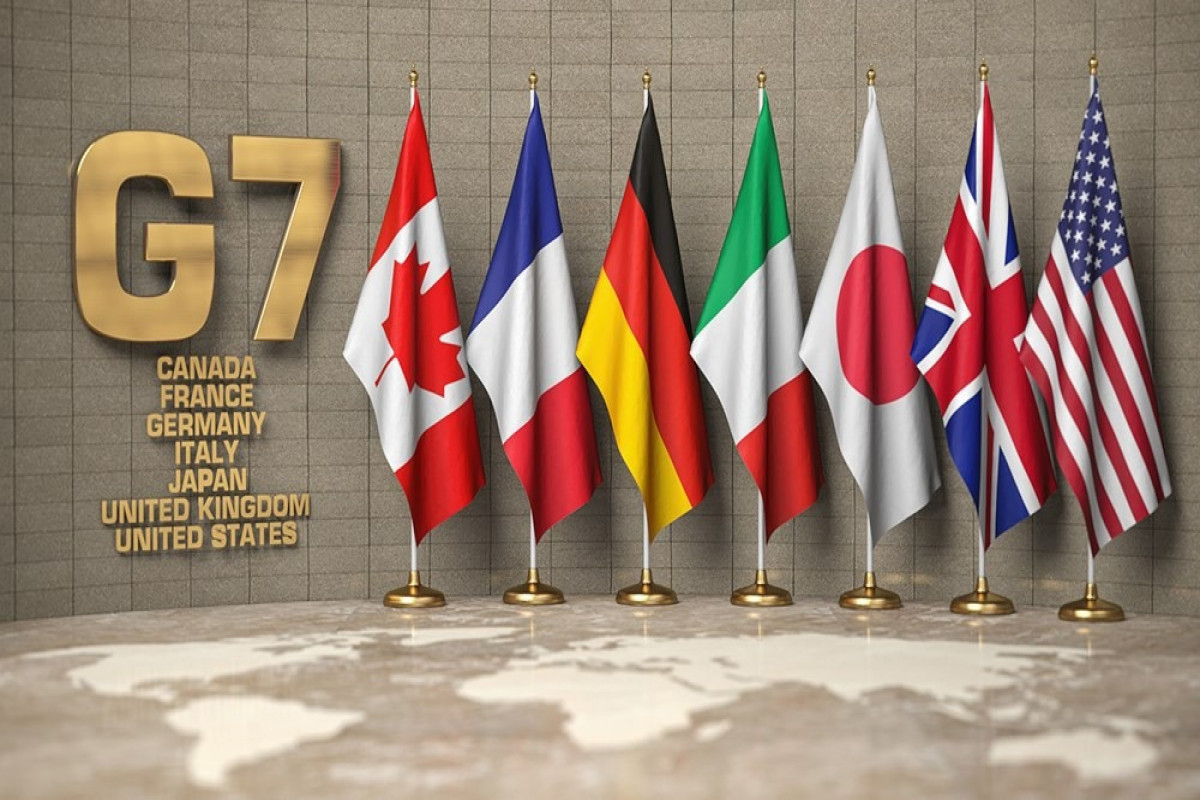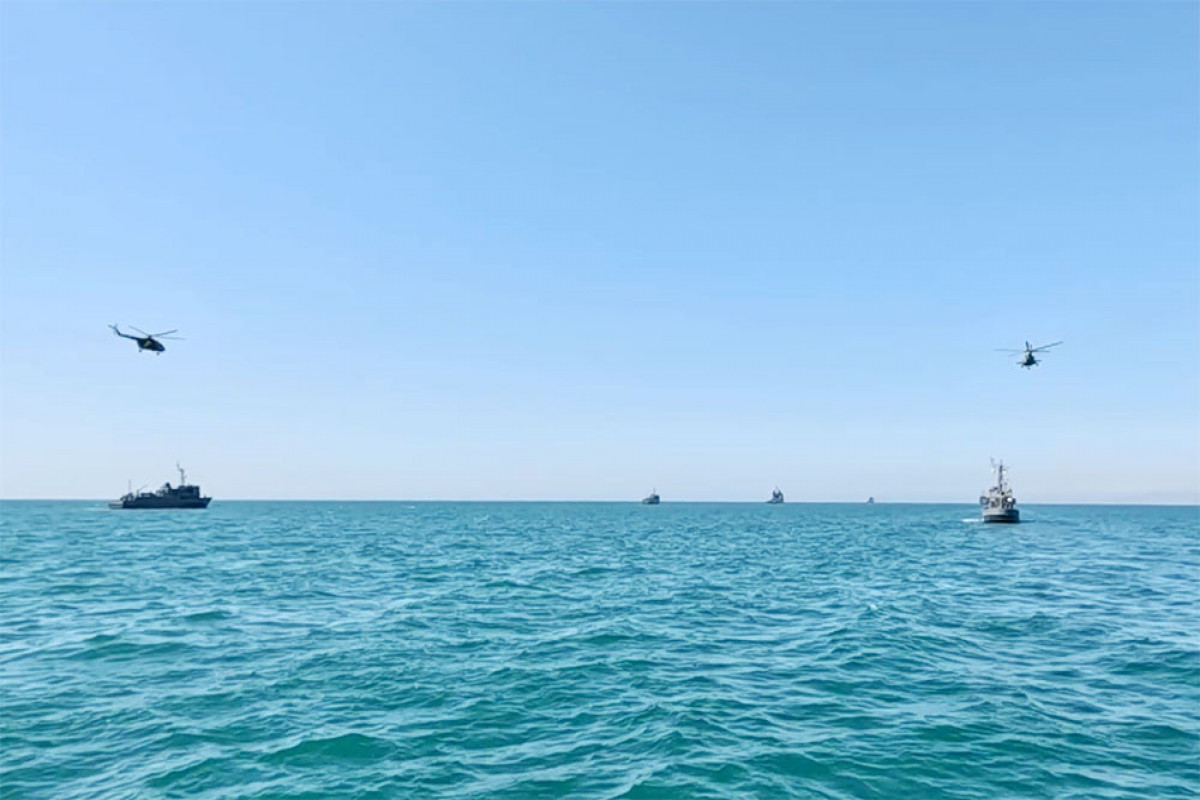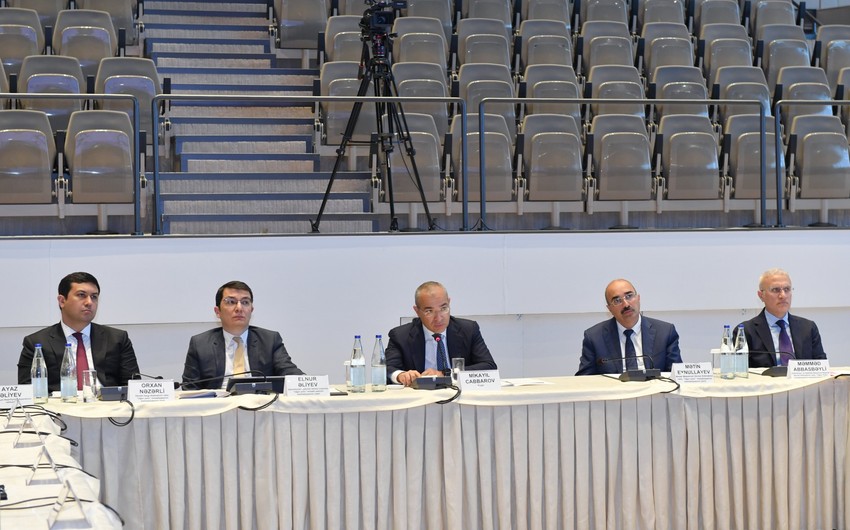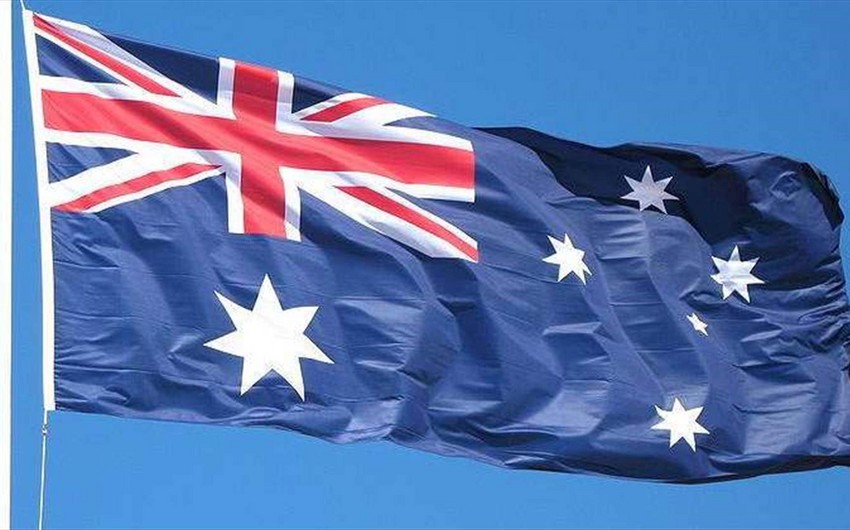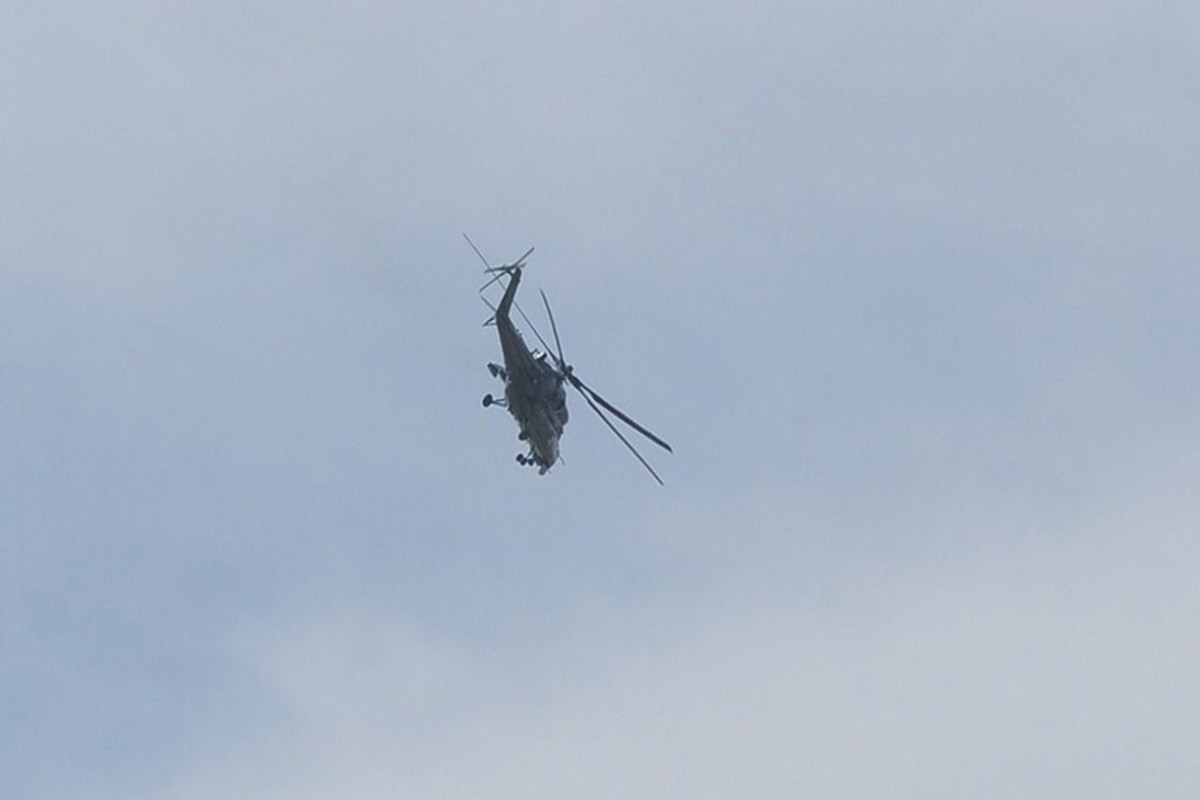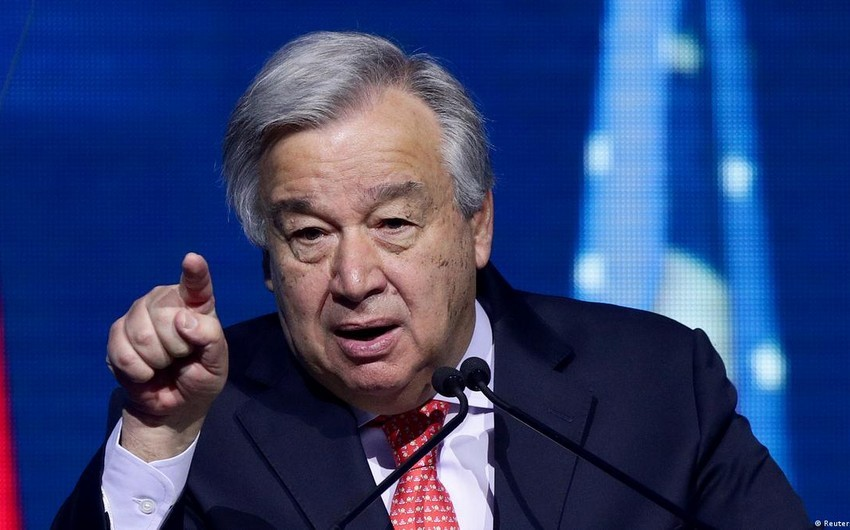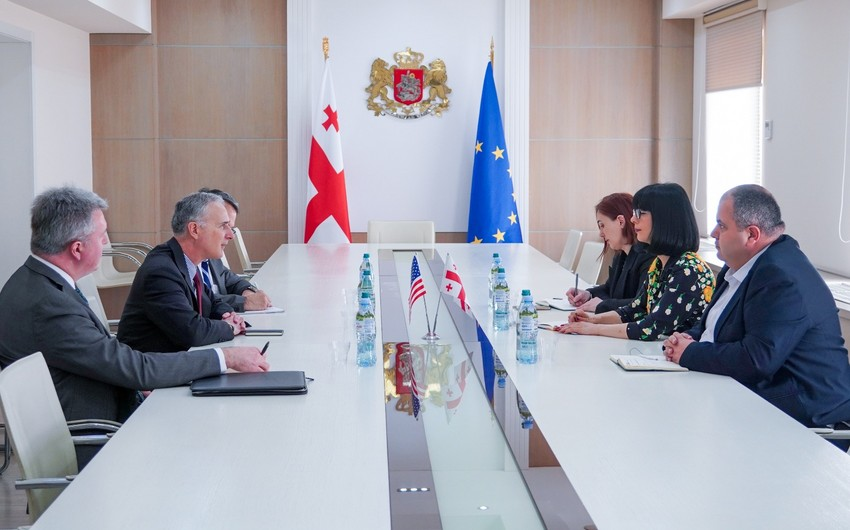The last few weeks have seen U.S.-Turkish relations go up, down, and around like a car on a roller coaster ride. If the two countries’ respective presidents can continue to focus on interests over personalities, there is a good chance the ride will be bumpy and nerve wracking, but without any catastrophic derailment. If they return to personal invective, a crash with dire consequences could result.
In a Dec. 14 phone call , President Donald Trump agreed with President Recep Tayyip Erdoğan that the U.S. stated goal of defeating Islamic State (ISIS) as a military force had been accomplished. He subsequently announced the proximate withdrawal of all U.S. military personnel from Syria, leading to the resignation of secretary of defence, James Mattis. It is noteworthy that National Security Adviser Bolton was listening in on the call, and reportedly agreed with Trump that the U.S. goal of defeating ISIS had been largely achieved.
The Turkish government-dominated press crowed loudly about how Erdoğan had bested Trump and forced the United States to accept establishment of a Turkish zone of influence in northeastern Syria as well as Turkish arguments that the Syrian Kurdish group that now controls the area, the People’s Protection Units (YPG) is an arm of the Kurdistan Workers’ Party (PKK), a U.S. designated foreign terrorist organisation that has been fighting inside Turkey for more than 30 years. Then reality arrived
The Turkish military is not an expeditionary force, neither in strategy nor in resources. Turkey’s operations in Afrin, a northwestern Syrian enclave captured from the YPG in March, have strained its resources, and have depended in large part on the tacit acceptance of Russia. Turkish military operations in northeastern Syria would face a harder task given the greater strength of YPG forces there and their greater proximity to kith and kin in southeastern Turkey and northern Iraq. Changes in commands related to likely operations in Syria reflect the concerns many in the military must have about the breadth and duration of planned operations.
In addition, the Syrian Kurds are looking to cut a deal with the Syrian government and Russian. They will likely argue that they never really rose up against President Bashar Assad nor threatened the territorial integrity of Syria, but only cooperated with the United States against ISIS. Though rather disingenuous, Russia may go along with the arguments. Moscow might wish to maintain the strength of the Syrian Kurds as a counterweight to any efforts by Assad to throw off the Russian leash. Also, the Russians would certainly like to portray themselves as reliable friends of the Kurds compared to the Americans who are abandoning them now that their utility against ISIS has been fully exploited.
That is the context of Bolton’s statements and visit to Turkey this week. This author has argued that Bolton is the lynchpin in the national security and foreign policy formulation and implementation of the Trump administration. Mattis’ departure only increases his role, for it will take the new secretary of defence some time to get a hold of the policy issues he faces. Also, designee Shanahan is more of an arms merchant than a policy wonk or strategist, so look for Bolton to seek to guide Shanahan on defence policy, perhaps by placing a former deputy at defence.
Several groups latched on to Bolton’s remarks made in Israel about the U.S. military withdrawal from Syria. The press reported Bolton was imposing conditions on the U.S. withdrawal. Some opined that Bolton was undermining Trump’s decision and seeking to extend the U.S. military presence indefinitely. A close reading of the texts of what Bolton said reveals that neither opinion is correct.
Bolton wished to assure his Israeli hosts that the U.S. withdrawal would take place in a manner that would not enhance Iran’s role in Syria and send a message that the U.S. presence in the Middle East would continue. Bolton’s conviction that the United States must support Israel above all others in the Middle East is longstanding.
In response, Erdoğan latched onto the reports of Bolton placing conditions on withdrawing U.S. troops from Syria and rebuked the Americans for having the temerity to presume they could dictate to Turkey. Whether from his advisers or himself, his speech exploited the perception among some American “go-it-alone” types that Bolton was speaking beyond his brief and speaking contrary to Trump’s clear definitive message on bringing home American personnel. As for not seeing Bolton, Erdoğan was simply reinforcing his own status as head of state who conducts business with those of equal status. Receiving Bolton would have undermined his claims that Turkey charts its own course rather than following another’s lead.
Bolton is not a “go-it-alone” thinker on foreign policy. He realises the United States benefits from alliances and partnerships, but he expects Washington to lead and others to follow. This puts him at odds with others in the Trump administration who see little benefit to alliances such as NATO, or at least see alliances as more beneficial to others. Like trade policy, they see the United States as a victim, as having been taken advantage of in alliances with little value returned to Washington. Bolton does not share this zero-sum thinking, though he sees little advantage to the United States being hamstrung by multilateral institutions and conventions not aligned with U.S. principles and interests.
And, there is Iran. Bolton sees many if not most foreign policy issues through the prism of the threat from Iran to establish hegemony over the greater Middle East and threaten the state of Israel. In this, he brings together his and the “go-it-alone” thinking of others, who see the United States having been compelled to join with weak European leaders for a UN-approved nuclear deal with Iran (the JCPOA) that was contrary to U.S. interests and resulted in billions of dollars being transferred to Iran, which then financed their destabilising actions in the Middle East, and elsewhere.
In sum, all this recent turbulence engendered by Trump's abrupt decision to withdrawal U.S. troops from Syria as a means to fulfil a long-deferred campaign promise will not drive U.S.-Turkish relations off the rails, nor lead to Bolton being sacked. Though not in complete alignment with the "go-it-alone" types around Trump, Bolton and the president are on the same page in confronting Iran and standing with Israel - two realities Erdoğan should keep in mind when dealing with his U.S. counterpart.
Edward G. Stafford retired from the U.S. Foreign Service Officer in October 2016

